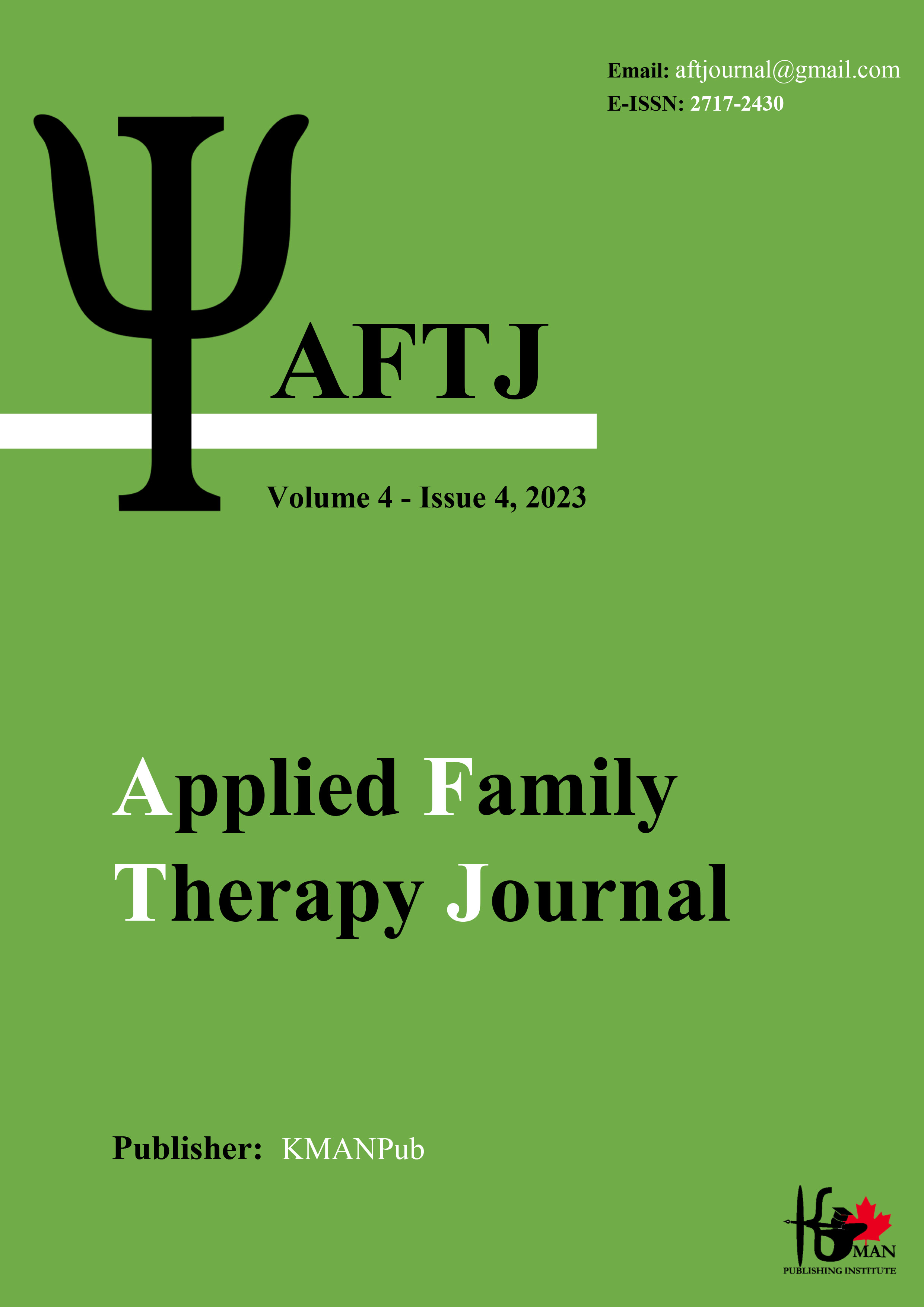The effectiveness of the psychological empowerment program on self-efficacy and psychological well-being of women with a history of sleeve surgery
Keywords:
Psychological empowerment, Psychological well-being, Sleeve surgery, Self-efficacyAbstract
Aim: The present study aimed to determine the effectiveness of a psychological empowerment program on self-efficacy and psychological well-being of women with a history of Sleeve surgery. Methods: This quasi-experimental study used a pretest-posttest design with a control group and a 3-month follow-up period. Fifty women with a history of Sleeve surgery who referred to Parsian Hospital in Tehran from September 2020 to April 2021 were selected based on the inclusion criteria. Forty of them who were willing to participate in the study (with written consent) were randomly assigned to the experimental group (n=20) and the control group (n=20). All participants completed the Lifestyle Self-Efficacy Questionnaire and the Psychological Well-being Questionnaire at three stages. The psychological empowerment sessions were conducted in groups. The hypotheses regarding the effectiveness of the interventions were analyzed using repeated measures analysis of variance and Bonferroni post-hoc test. Results: The Bonferroni post-hoc test showed a significant difference between the pretest and posttest scores in the experimental group in terms of self-efficacy and psychological well-being (p<0.01), but no significant difference was found between the posttest and follow-up stages (p>0.05). No significant difference was found in the control group during the test stages (p>0.05). Conclusion: The results of this study suggest that the psychological empowerment program can be used as a psychological intervention to increase self-efficacy and psychological well-being in patients with a history of Sleeve surgery.
Downloads
Downloads
Published
Issue
Section
License

This work is licensed under a Creative Commons Attribution-NonCommercial 4.0 International License.





















